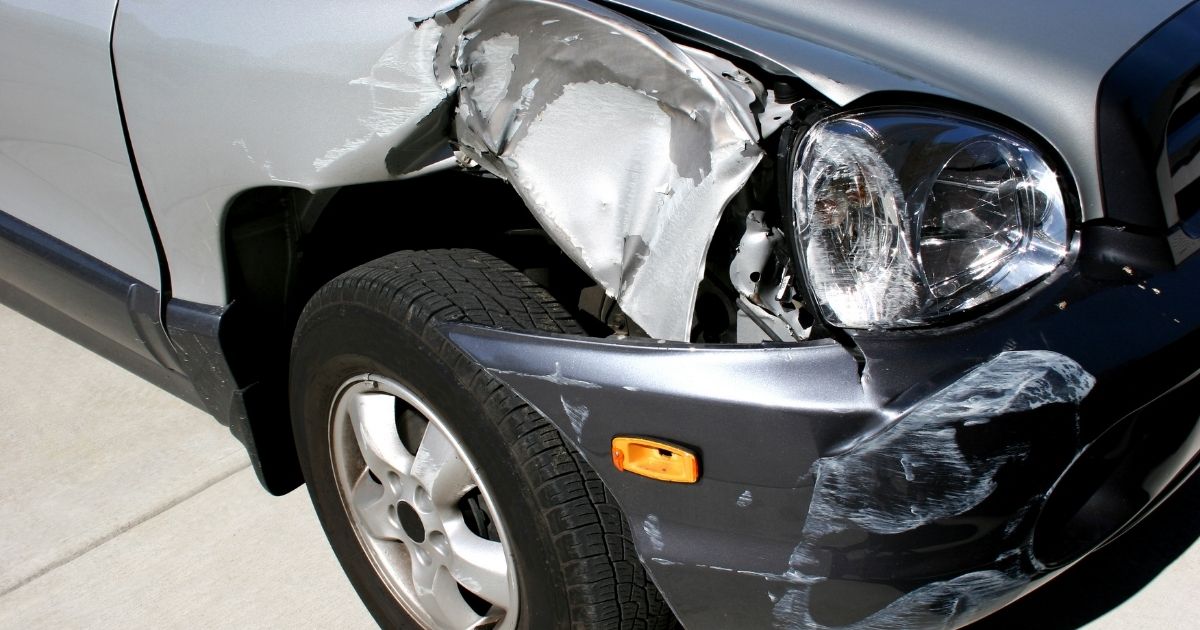Car accidents can get complicated, particularly when leased cars are involved. Leasing a vehicle is different from buying a vehicle. It is essentially a long-term rental with lower monthly payments and lower costs for maintenance. However, you are expected to return the vehicle in the same shape. Should you get into an accident with a leased vehicle, you likely will have several questions.
There are similarities in the steps you take following an accident with both a leased vehicle and a car you purchased with a loan. After an accident, you should do the following:
- Make sure everyone is okay: If you are able to, make sure everyone involved is okay. If you or someone is injured, make sure to get medical attention immediately.
- Call 911: You want to call 911 immediately to bring medical help and the police to the scene. Tell the police officer what happened if you are able and in as much detail as possible. The police officer will write a police report. Get a copy of the police report and keep it in a secure place. You may need it when filing a claim.
- Gather evidence: Gather as much evidence as possible, especially if another driver is involved or an injury has occurred. You would want to take photos or videos of the scene, particularly any debris on the ground like broken glass or a torn bumper. This can help an accident reconstructionist determine who caused the accident. Finally, speak to any witnesses, and get their contact information and their account of the accident in writing.
- Contact your insurance company: Many states require you to report an accident when in a leased vehicle. Contact your insurance company following the accident, and they can tell you where to bring your vehicle for repairs.
- See doctor: If you have not gotten medical attention yet, it is recommended to do so as soon as possible following an accident. Some accident injuries appear well after the accident, and notifying a doctor right away may catch the injury before it worsens. Finally, keep all medical records you receive stemming from the accident, including your treatment plan, as you may need them when filing an injury claim.
Contacting the Leasing Company After an Accident
Many leasing agreements require you to contact them following an accident. You may want to read your agreement specifically to be sure. Even if it does not say you are required to, it is recommended to contact them anyway because you may be penalized at the end of your lease. Remember, when leasing a car, you are expected to bring it back in good condition.
Many leasing companies require you to bring the vehicle to get a repair estimate, and it likely is a repair facility that they approve. There, it is inspected and a repair estimate is made, which is then reviewed by the leasing company. Your insurance company will contribute to the repair costs minus your deductible.
It is important to note that many leasing companies require you to carry certain insurance coverage, and it will likely be over the state minimums. This may include comprehensive and collision coverage.
If the leased car is deemed a total loss, where the vehicles repairs are more than the car is worth, your insurance company will then pay the leasing company of the cars actual value. At this point, the pay out to the lease company will likely be less than the lease balance, leaving you to pay the remaining difference. However, some leasing companies require you to carry Guaranteed Asset Protection (GAP) insurance when agreeing to the lease, which will cover that remaining balance should the car be totaled.
Car Insurance in New Jersey
If you get into a car accident in New Jersey, you have two options when filing a claim: you may filed a claim with your own insurance company or with the insurer of the owner of the other car if applicable. The first option is called a first-party insurance claim and can only be filed if your insurance coverage includes collision or comprehensive coverage.
New Jersey is known as a no-fault state. To recover damages stemming from an accident, a driver must file a claim with their own insurance company, regardless of who is at fault for the accident. You may only pursue damages from the other driver if you suffered a severe injury, or the costs of your injury exceeds your personal injury protection minimums.
Comparative Negligence in New Jersey
New Jersey applies comparative negligence. This means that there can be more than one party at fault for an accident. For example, if the defendant is found to be 75 percent at fault for an accident, but the plaintiff is found to be the remaining 25 percent, then the settlement award given to the plaintiff is subtracted by their percentage of fault. If the reward is determined to be $100,000, then the plaintiff will only collect $75,000 of that total.
If you get into an accident with a leased vehicle, then the situation can be overwhelming and complicated. It is highly recommended you speak with a lawyer right away.
Hazlet Car Accident Lawyers at Mikita & Roccanova Help Lease Owners Injured by Negligent Drivers
All car accidents are complicated, regardless of who is at fault or if an injury has occurred. This is particularly true if a leased car is involved in a collision. Our knowledgeable Hazlet car accident lawyers at Mikita & Roccanova have years of experience and can protect your rights. Call us at 732-705-3363 or fill out our online form for a free consultation. Located in Hazlet and Highland Park, New Jersey, we serve clients throughout Ocean County, Sussex County, Neptune, Middlesex County, and across Pennsylvania.


